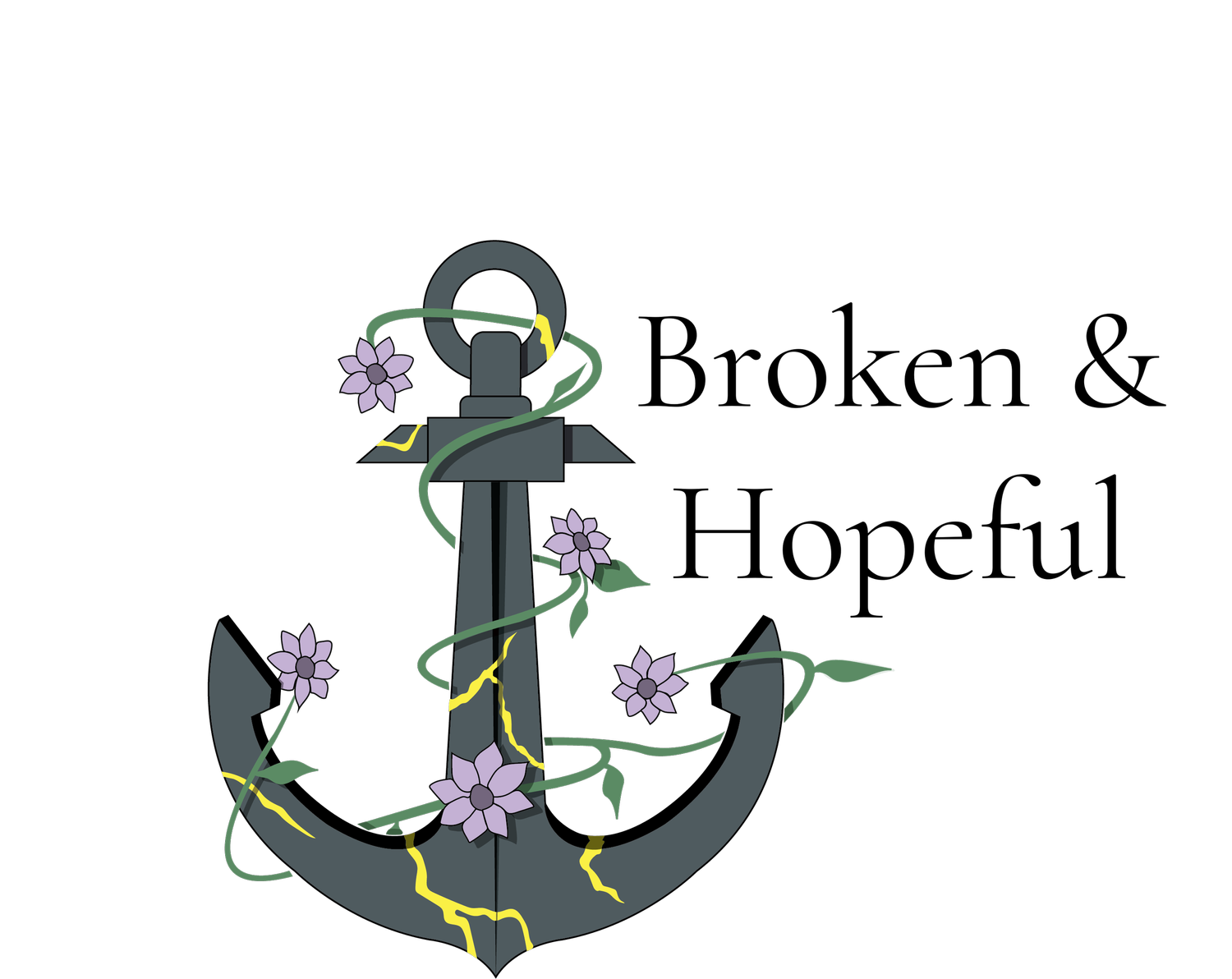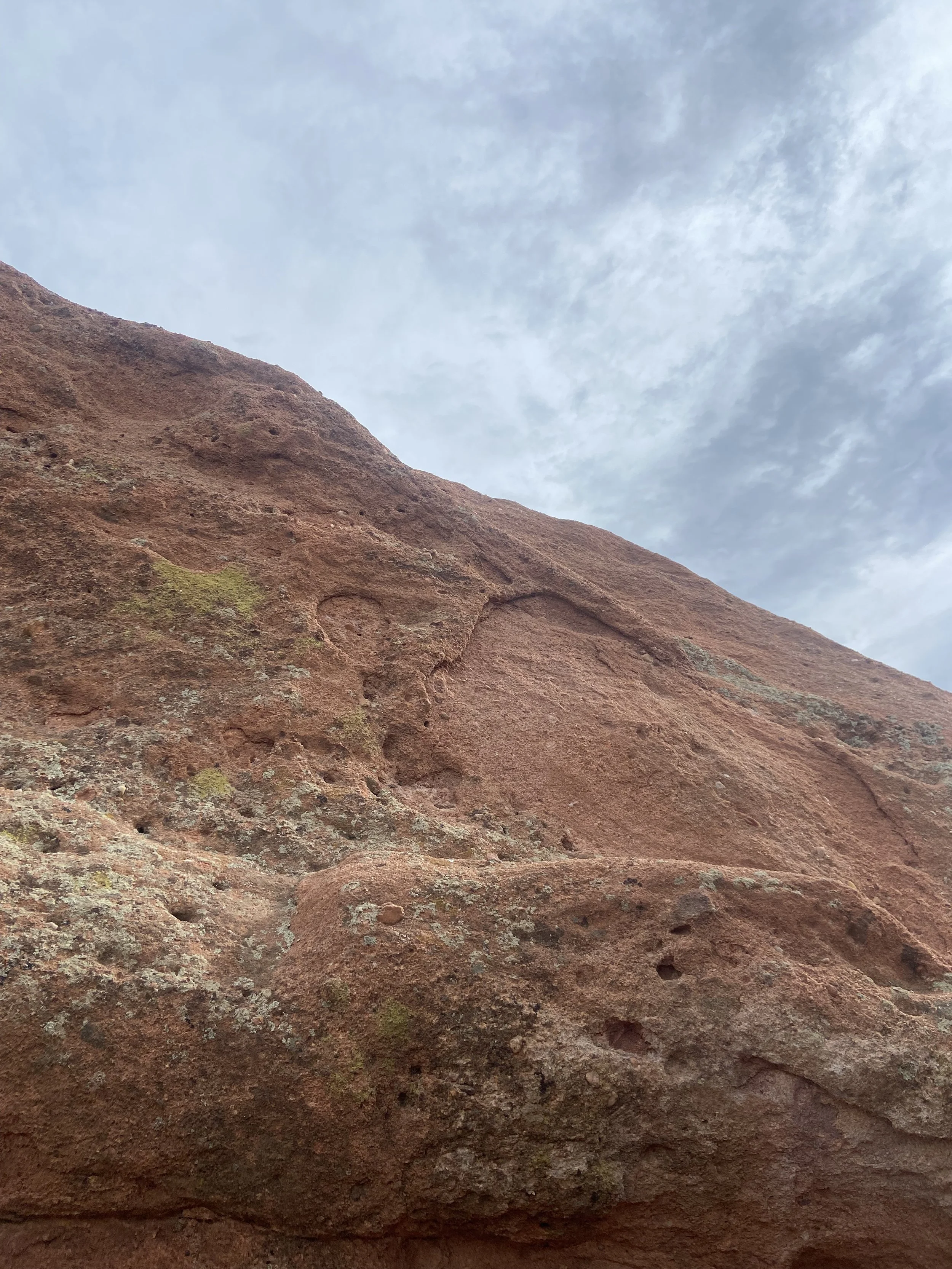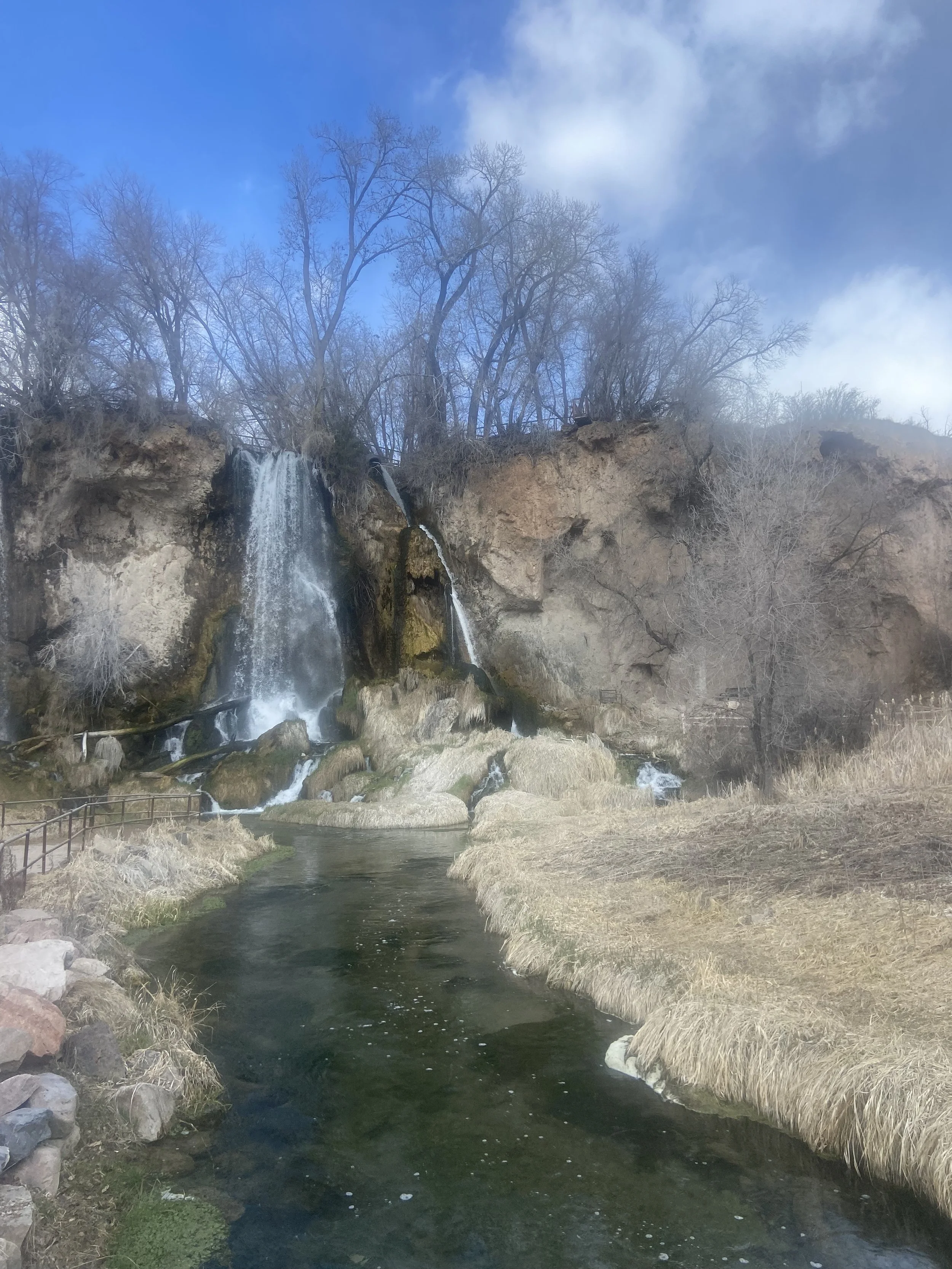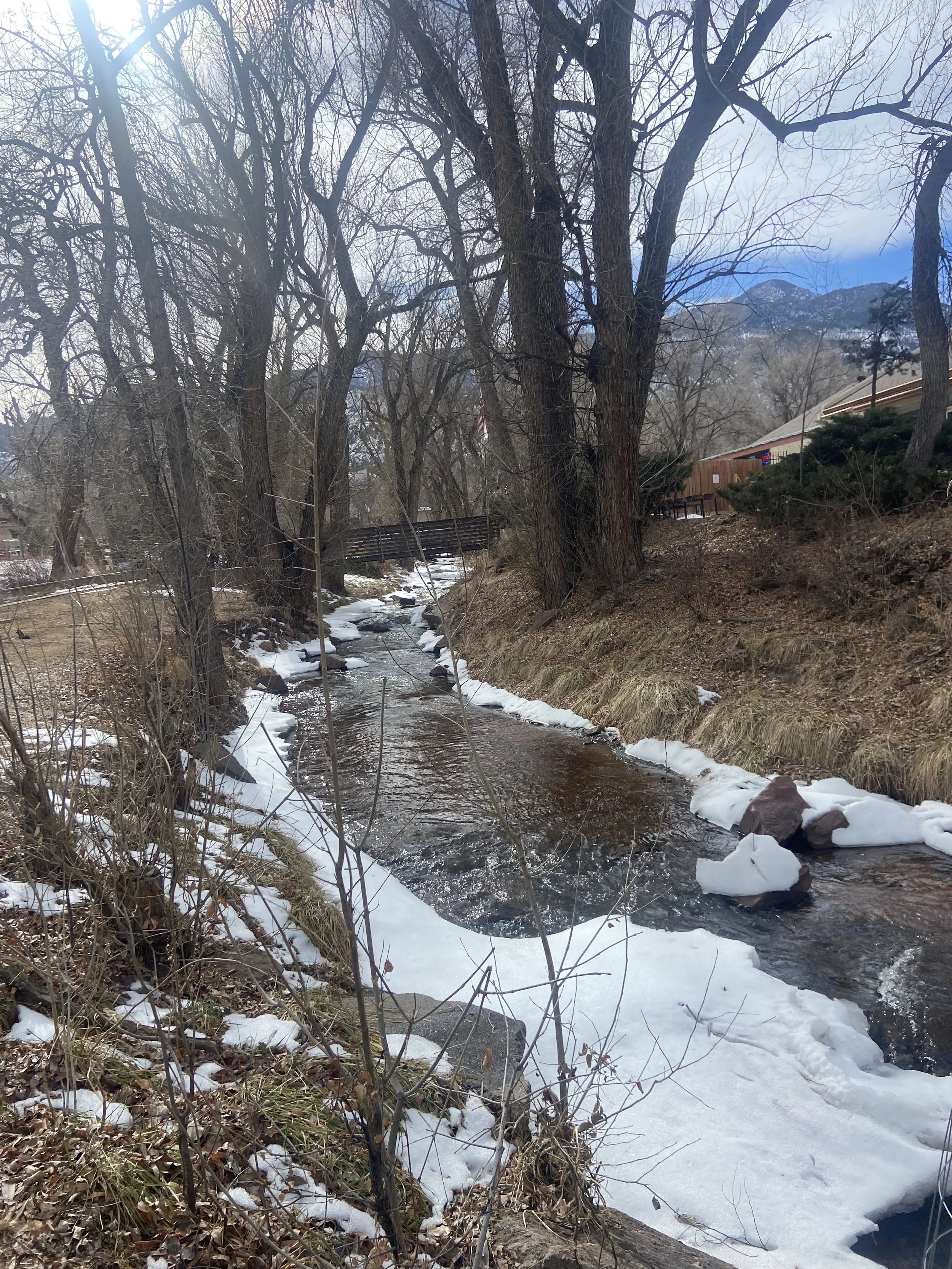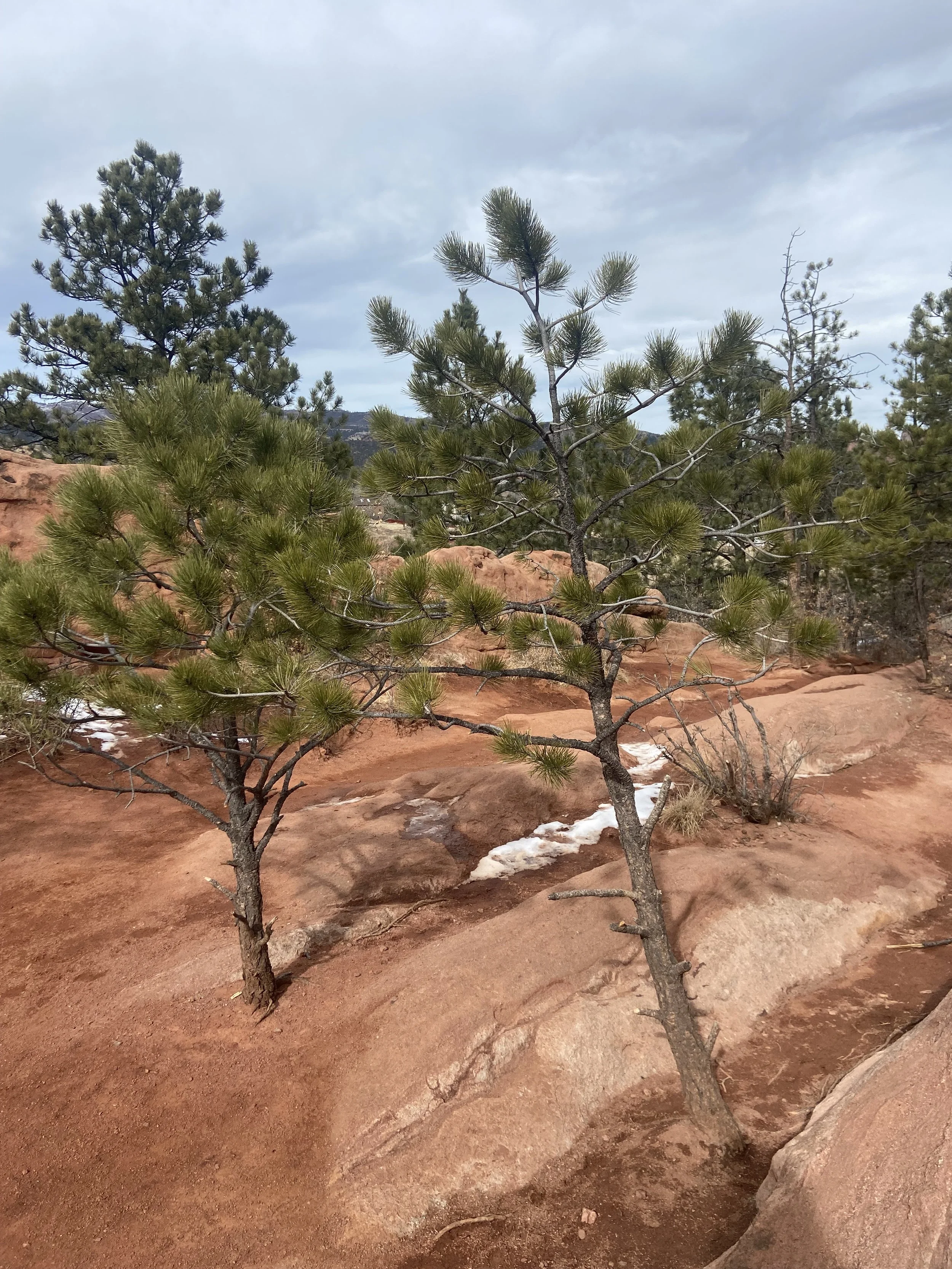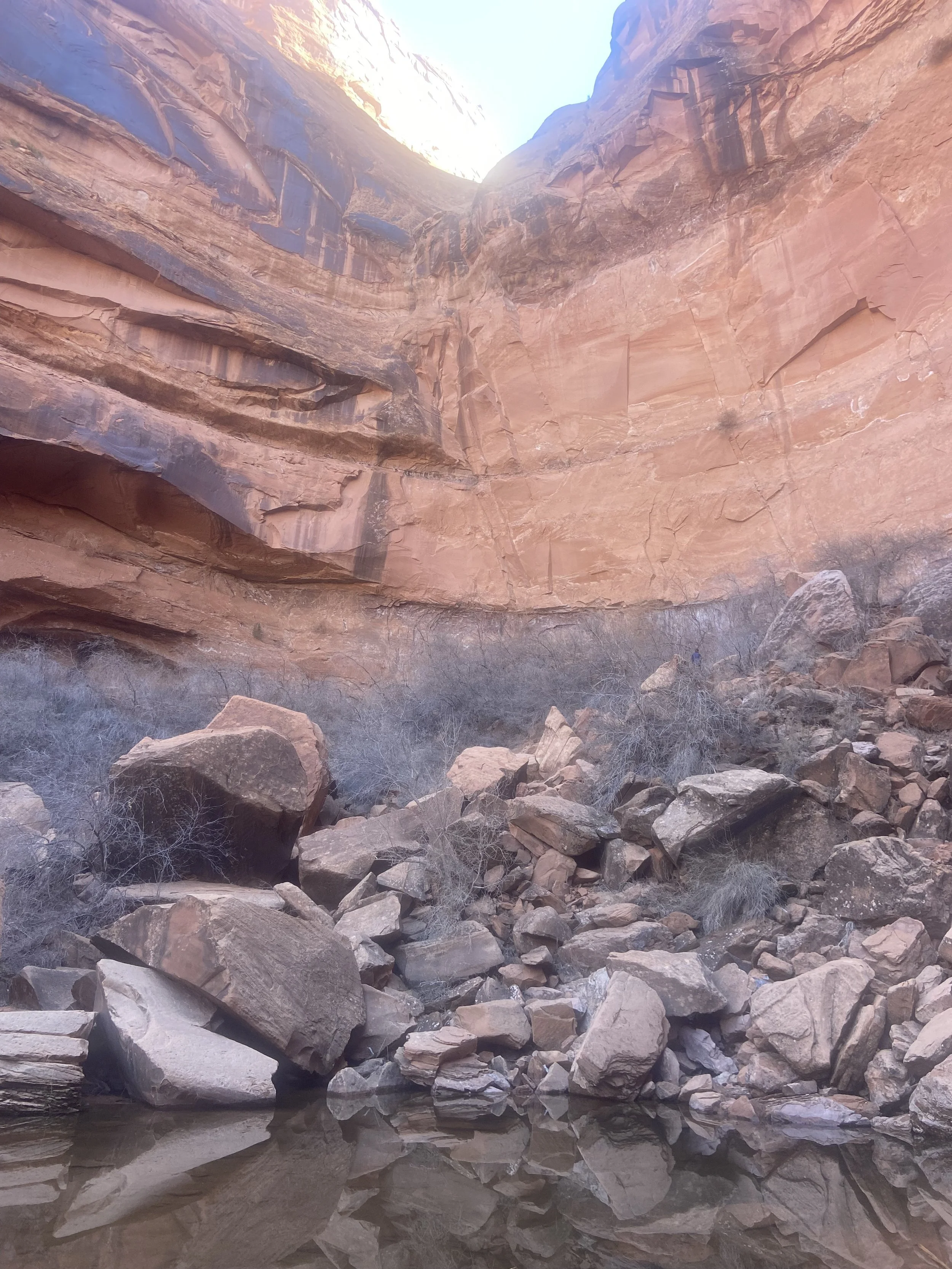Some days I need a place to hide. A place that is safe and always accessible, no matter what is going on around me. I am not denying the bad stuff—it’s definitely everywhere. But I can also experience a place in my spirit that rises above everything else, allowing me to rest. It seems like an oxymoron, right? Rest when everything is spinning like crazy. But over and over again, God calls us to rest.
I’ve been spending a lot of time praying through Psalm 31 recently. Especially when it comes to praying for many I know who are in danger, who feel like their world is falling apart, who can’t find a safe place in the world at all. I am trusting God to be their hiding place, their rescue.
This is what I pray for them, and for you.
